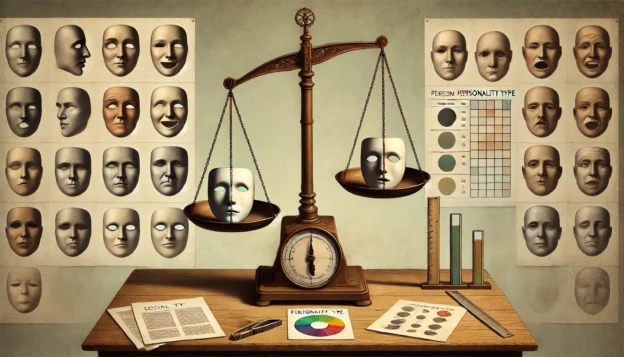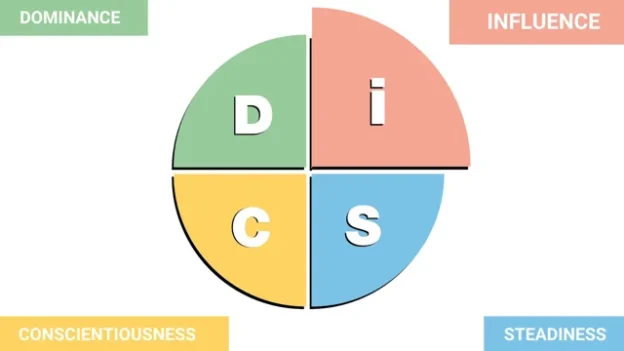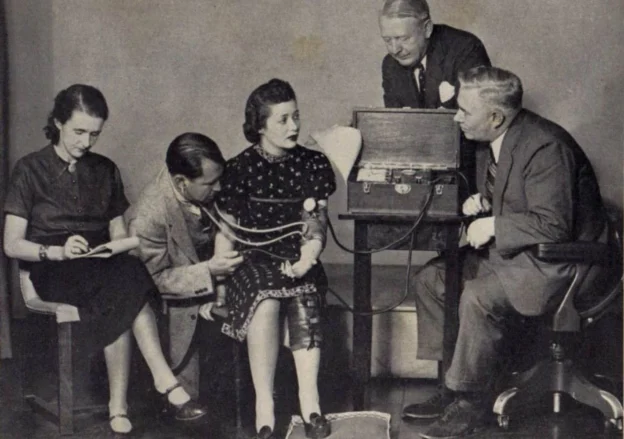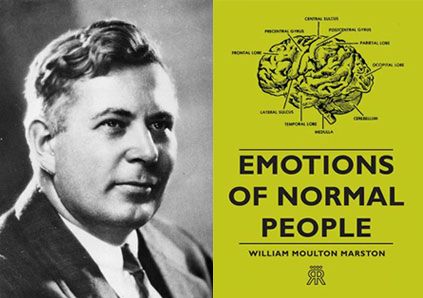This article explores how masking, often necessary for those with Asperger Syndrome, complicates the accuracy of personality typing systems. Drawing from personal experiences in a challenging post-war inner-city environment, it critiques the limitations of these systems in truly capturing one’s authentic self and offers insights into the interplay between identity, masking, and neurodiversity.
Continue reading





